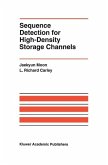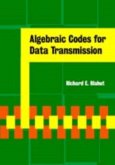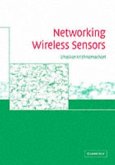The problem of detecting abrupt changes in the behavior of an observed signal or time series arises in a variety of fields, including climate modeling, finance, image analysis, and security. Quickest detection refers to real-time detection of such changes as quickly as possible after they occur. Using the framework of optimal stopping theory, this book describes the fundamentals underpinning the field, providing the background necessary to design, analyze, and understand quickest detection algorithms. For the first time the authors bring together results which were previously scattered across disparate disciplines, and provide a unified treatment of several different approaches to the quickest detection problem. This book is essential reading for anyone who wants to understand the basic statistical procedures for change detection from a fundamental viewpoint, and for those interested in theoretical questions of change detection. It is ideal for graduate students and researchers of engineering, statistics, economics, and finance.
Dieser Download kann aus rechtlichen Gründen nur mit Rechnungsadresse in A, B, BG, CY, CZ, D, DK, EW, E, FIN, F, GR, HR, H, IRL, I, LT, L, LR, M, NL, PL, P, R, S, SLO, SK ausgeliefert werden.









